Transforming a realm of engaging strangers into an international phenomenon, let’s examine the digital marketing tactics behind Netflix’s carefully curated reality franchise.
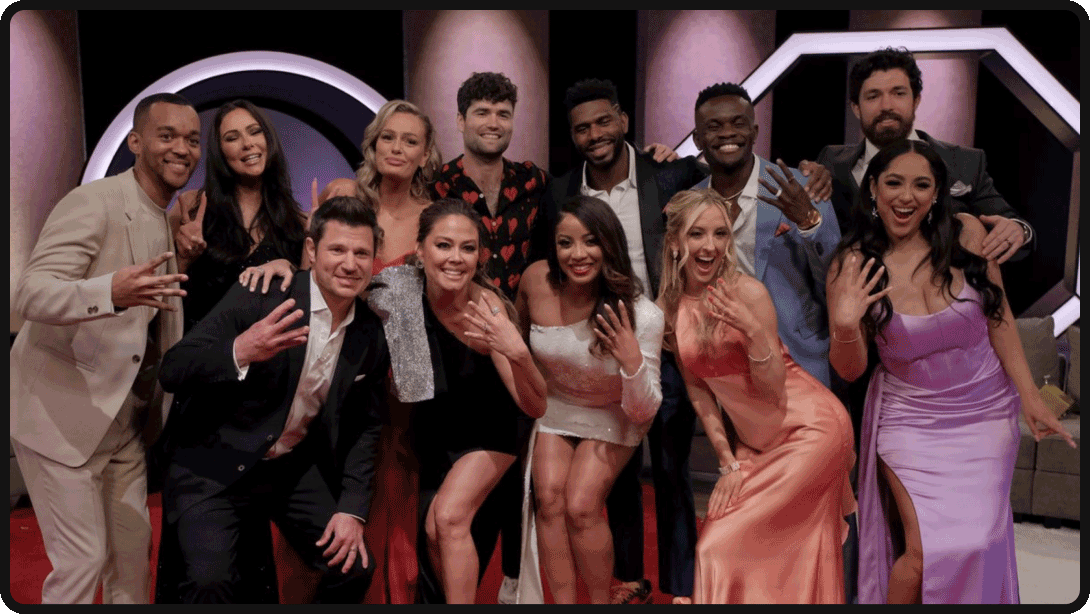
Dominating the streaming platforms hierarchy, Netflix is renowned for producing record-breaking television series like Squid Game and Stranger Things. From thrillers to rom-coms, the platform prospers across a wide range of fictional genres. Eager to expand its increasingly successful portfolio in 2020, Netflix producers devised a masterful plan to create an entirely new variety of entertainment: a crossover-oriented reality television empire. Hence, fan-favorite series was born, from Emmy-nominated Love is Blindto technologically immersive The Circle, culminating in the contestant-merging Perfect Match. Which digital marketing strategies did Netflix execute to ensure its amalgamation of reality shows would flourish?
What Is Netflix’s Overarching Marketing Strategy?
A movie rental company established in 1997, Netflix remodeled as a streaming digital platform a decade later and failed to attain household recognition until nearly 2016. Following a subscriber model shift, recommendation algorithm implementation, and original content production, the service accrued 50 million subscribers that year and continues burgeoning at nearly 233 million subscribers in 2023.
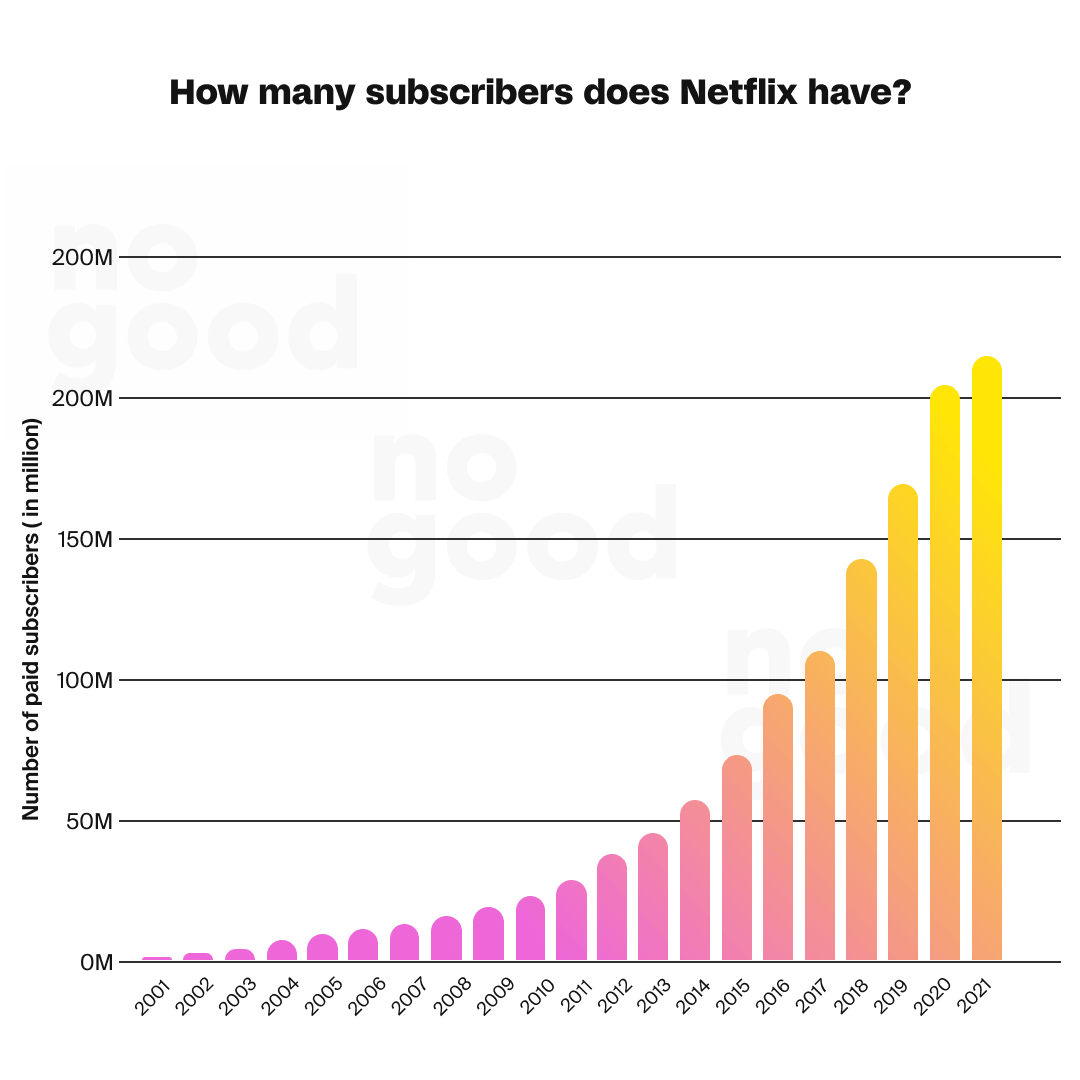
Online Interaction
Modern marketing efforts, predominantly executed via social media platforms, became Netflix’s chief growth avenue. Consistently trend monitoring across a host of platforms, like TikTok, Instagram, and Twitter, the streaming service stays relevant online and amasses the attention of diverse target audiences. Incorporating relatable memes, celebrity cameos, and interactive polls into its digital strategy, Netflix triumphantly engages its audiences and assimilates into pop culture discourse.
Cultivating Netflix’s reputation as a social media engagement front-runner, the service’s marketers prepared to catapult its reality franchises into top-trending topics. Most notably, Netflix’s promotion took the Internet by storm, succeeding the 2020 release of Love is Blind. The series follows six exceptionally dramatic couples that date through a partition, rendering them unable to see one another until a proposal ensues.
These engagements occur after just two weeks, and each pair eventually ties the knot or says goodbye at the altar. This innovative concept piqued global interest, and Netflix consistently uploaded to its social media profiles in order to amplify the conversation surrounding the show. The platform shared video compilations of the cast’s messiest moments, posed predictive questions about the soon-to-be newlyweds, and uploaded memes highlighting scandalous arguments.
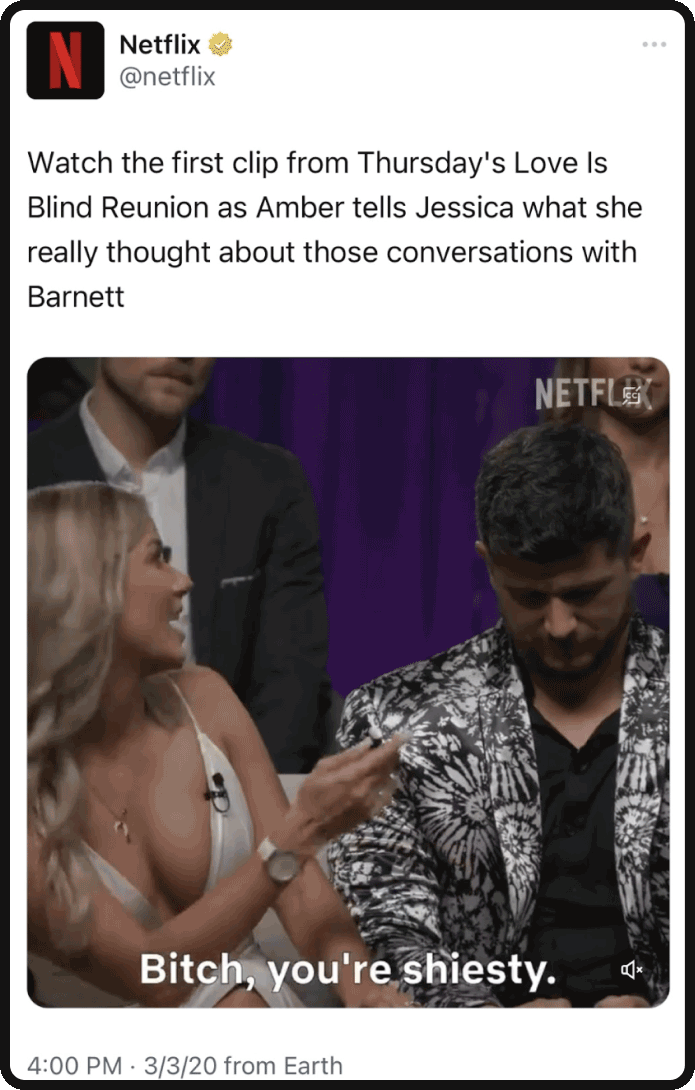
Contestant Curveballs
Moreover, Netflix incorporates scintillating, seemingly arbitrary plot points into its reality franchises, an innocuous method of generating online discussion. For instance, its production team orchestrated the participation of former Spice Girls Mel B and Emma Bunton in The Circle’s fourth season.
Part reality show, part game show, part dating show, the series follows contestants who interact online in the ultimate test of social media savvy. They attempt befriending and flirting their way to paramount popularity, competing for a $100,000 cash prize as they vote players out of the Circle each week.

Entrants may compete as themselves or through catfish profiles, and little did the season 4 cast suspect its own Jared, “a big animal lover with a soft spot for cheese,” to be a guise devised by two international celebrities. This was a brilliant promotional move on Netflix’s part.
Its digital marketers were aware that Gen X audiences would nostalgically praise the beloved nineties stars across social media channels, while millennials and Gen Z would assert the absurdity of this plot point. The platform’s effective marketing campaign was a success, and thanks to dialogue initiated by Netflix, The Circle, and Spice Girls became trending Twitter topics throughout May 2022.
Whether underscoring rocky fiancés or incognito musicians, Netflix’s overarching guerilla marketing strategies through social media virality prove forceful tactics– and they are amply implemented to publicize its view-garnering reality programs.
Does Netflix Have a Marketing Team?
Marian Lee
The most lucrative international streaming service, Netflix procured its acclaim with the help of an ingenious marketing team hired specifically to engender buzz about its titles and entice new subscribers. Marian Lee, the resident advertising pioneer at Spotify, is the company’s Chief Marketing Officer as of March 2022.
Under her jurisdiction, the platform’s promotional experts determine “which geographical regions may or may not benefit from joining Netflix,” according to the service’s website. “ [They] optimize advertising strategy and spend, marketing mix, and advertising creative. [Netflix] algorithms leverage a multitude of learning approaches to understand the impact of particular actions on [its] business model.”

Algorithmic Monitoring
Needless to say, alluring media are required to adopt the manifold customer base Netflix’s algorithms aim to monitor. As subscribers are attracted to the platform and their viewing habits history is examined, the digital marketing strategy is tweaked accordingly. Online, Netflix spotlights its popular programs and adjusts the press approaches of those that are underperforming.
This pattern is evidenced in accordance with Too Hot to Handle and The Ultimatum: Marry or Move On, another pair of Netflix reality favorites. Too Hot to Handle shareability commandeered social media feeds following its April 2020 debut, so the platform prioritized publishing content about the popular celibacy gameshow.
Conversely, The Ultimatum, featuring six couples that date each other’s partners, underperformed at its inception. To preclude low ratings, Netflix modified its social media strategy, alternating between static memes and self-deprecating short-form video content marketing strategies filmed directly by the show’s cast.
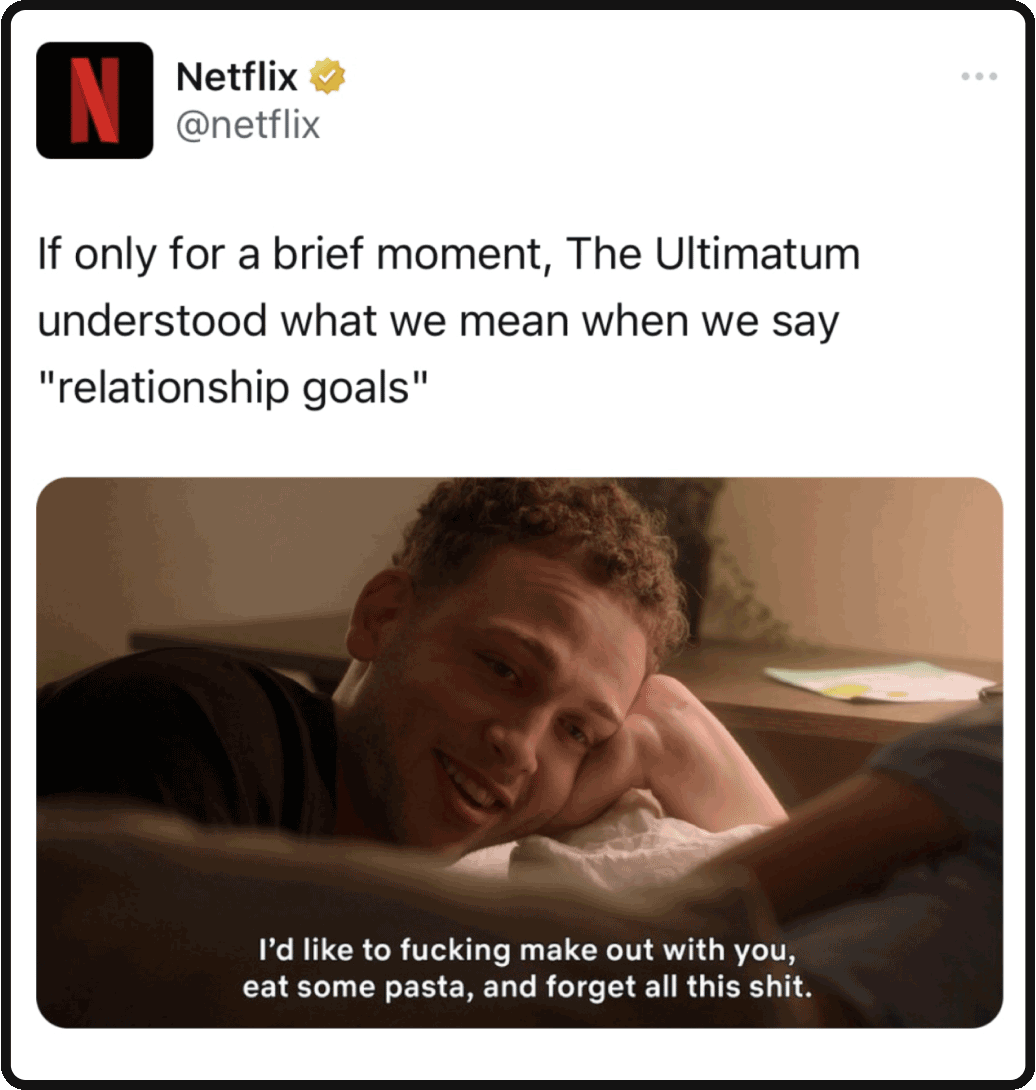
Not only does Netflix have a marketing team, but it also has an exceptionally intuitive one that has unmistakably mastered effective marketing strategies.
What Is Netflix’s Marketing Positioning?
Minimum Costs, Maximum Results
In rearing a marketing position, Netflix aims to minimize expenditure while maximizing results and has engineered inventive promotional tools in doing so. This was seamlessly authenticated through the streaming service’s Love is Blind season 4 advertisement. For the first time in the show’s history, its April reunion special was held via live stream. Relying on collective audience viewership rather than asynchronous household tune-ins to gauge success, Netflix pulled out every marketing stop.
A Love is Blind tour was arranged, providing a quintessential immersion experience to the show’s superfans. Cast members from every season gathered in New York City, Nashville, and Los Angeles to chat with attendees, who had the chance to take photos in replicas of the LIB dating pods. In each city, visitors were greeted by billboards displaying a countdown to the season 4 live reunion.
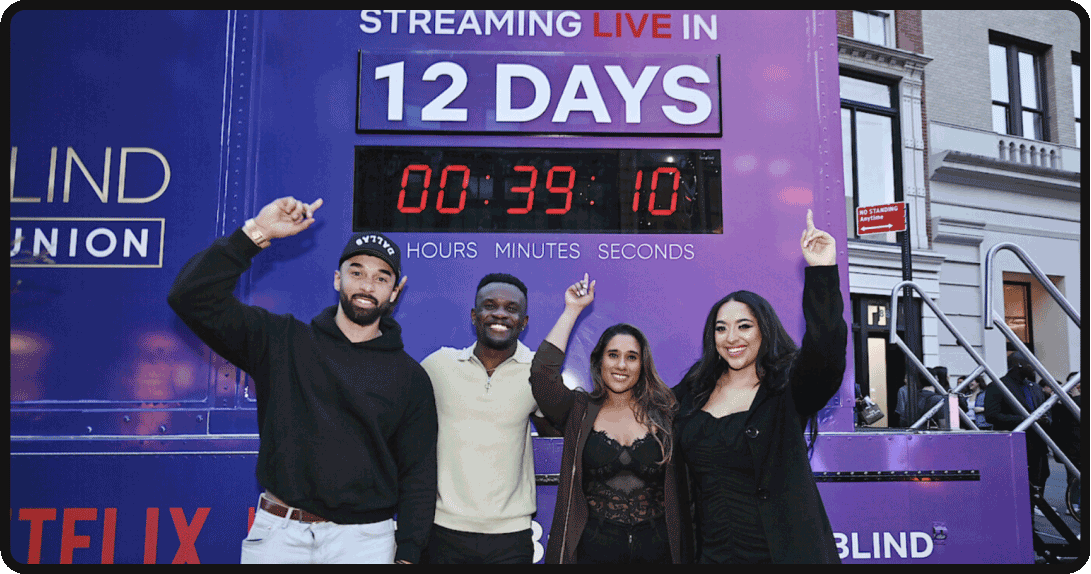
This relatively inexpensive venture conjured ample online enthusiasm about the show’s upcoming reunion special. Modest marketing investments induced sizable upticks in Love is Blind streams, verifying the efficacy of Netflix’s underlying marketing positioning.
How Does Netflix Conduct Marketing?
Influencers Abound
In organizing marketing channels for its wide variety of reality series, Netflix takes a methodical approach to casting, combining the two production elements. Becoming conspicuous to viewers with progressing seasons, aspiring content creators compose a portion of each show’s meticulously selected participants.
This serves as a win-win for both parties, the cast members being granted a post-production digital audience from which Netflix receives organic social media campaign promotion. Chloe Veitch and Francesca Farago, both of whom starred in the binge-worthy Too Hot to Handle premiere, were integrated into subsequent Netflix reality series and continue providing abundant Netflix entertainment content to their millions of social media followers.
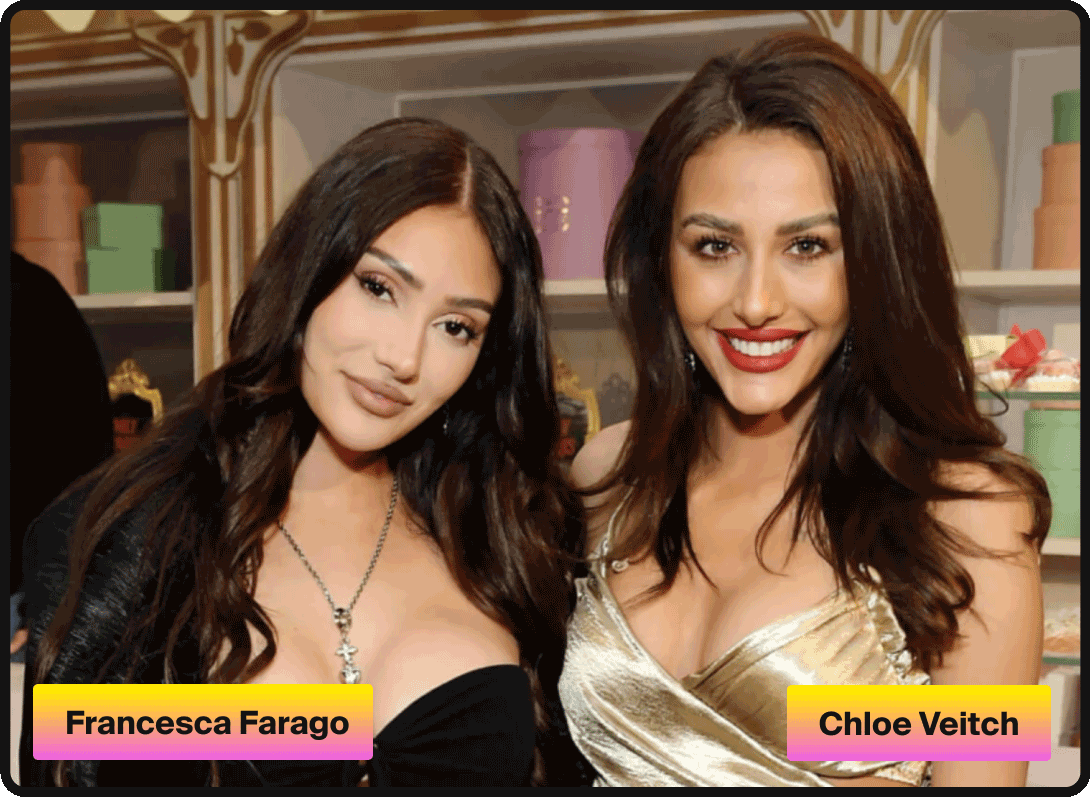
Perfect Match
The streaming giant remains at the forefront of marketing by prioritizing originality and constantly reinventing the wheel. In one of its most imaginative concepts, Netflix developed a dating series combining single contestants from eight of its distinct reality programs, including The Mole, Sexy Beasts, and Selling Tampa.
Aptly entitled Perfect Match, the show is a virtual all-star fusion of Netflix’s messiest, hottest, and most entertaining array of personalities, like The Ultimatum: Marry or Move On’s Zay Wilson and Twentysomethings: Austin’s Abby Humphreys. It fostered prolific online anticipation, surpassing its forecasted marketing objectives.

Netflix once again proves itself an esteemed promotional conglomerate that remains several steps ahead of the curve.
What Marketing Lessons Can Be Learned through Netflix’s Reality Cinematic Universe?
Netflix’s Reality Cinematic Universe provides valuable marketing lessons, especially in the entertainment industry. Social media marketing is essential, but the key lies in diligent trend monitoring. By engaging with audiences and offering avant-garde advertising, brands can foster loyalty.
Netflix masters these elements through its original series, delivering trailblazing reality television that keeps subscribers hooked. The platform’s ability to personalize content ensures a strong presence in users’ lives, driving consistent growth and brand loyalty.
Netflix’s marketing efforts are evident in its active social media presence and interaction with potential customers. Their social media team capitalizes on social media trends, maximizing engagement rates. Premium plans enhance the user experience, creating a devoted customer base.
As other entertainment services seek to replicate Netflix’s success, learning from their approach can elevate marketing strategies across industries. By prioritizing personalized content and leveraging social media accounts, brands can establish themselves as industry leaders, earning the trust and loyalty of their target audience.






